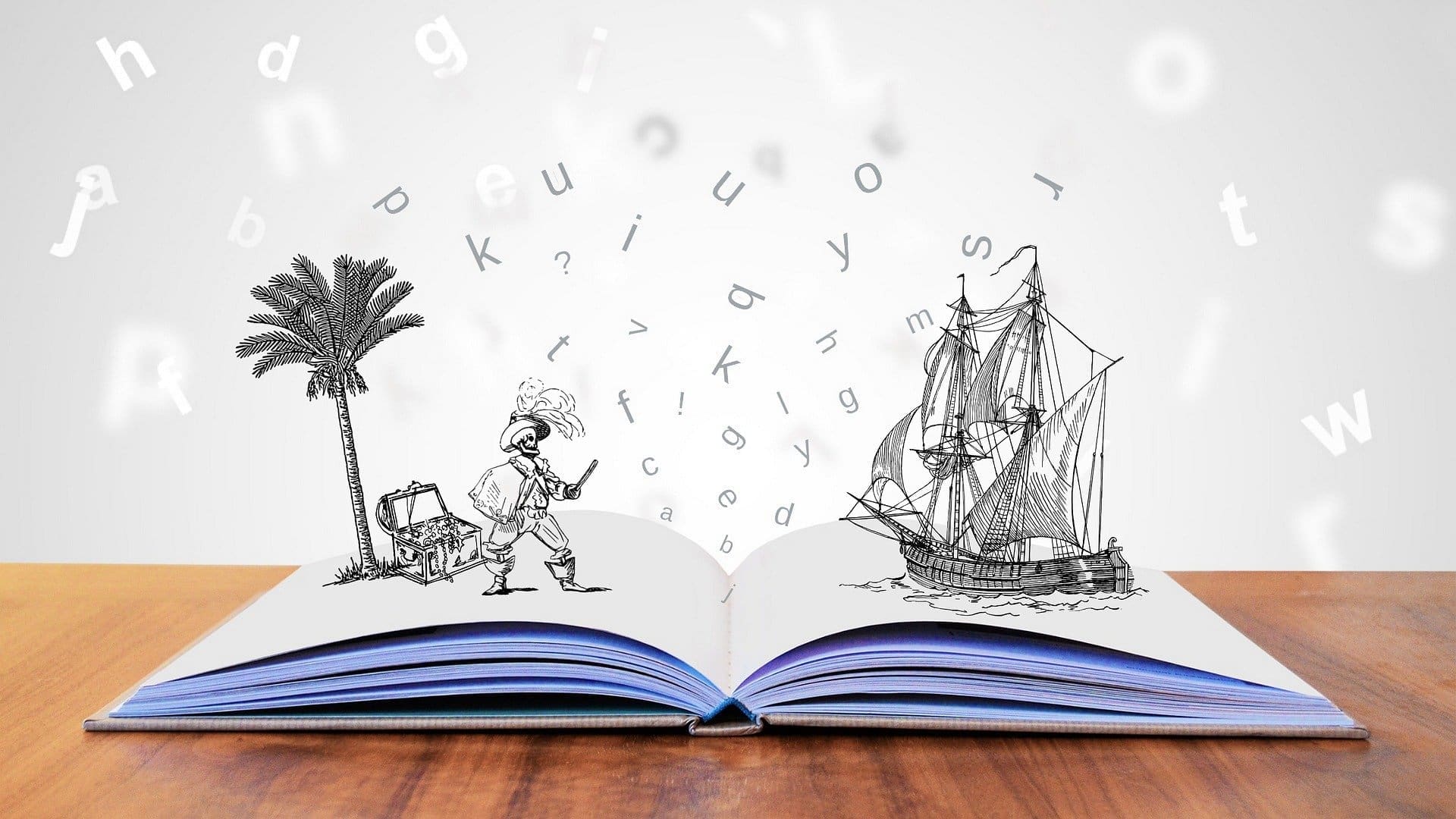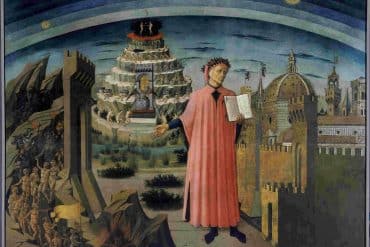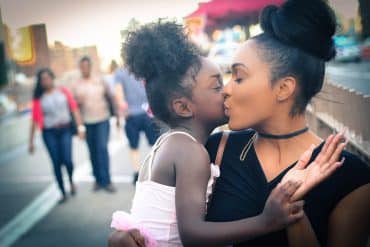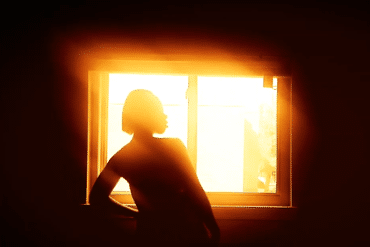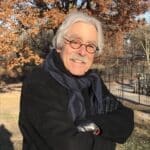Odesa Revisited: Imagination and Terror
Author’s Memo
Odesa combines the experiences of a number of related family members and fictionalizes some of their actual stories. We live in a time of massive disruption of populations and rejection of the resultant immigrant groups that are created. Odesa addresses the traumas of struggling immigrants, who face rejection and shunning rather than acceptance and understanding. The repetitive nature of certain racial antagonisms remains a threat to so many populations.
Odesa addresses the traumas of struggling immigrants, who face rejection and shunning rather than acceptance and understanding.
The young Jews who left Odesa in the midst of a pogrom had to struggle to reach America, where their acceptance was marred by anti-Semitism, to the point of murder. Their struggles to gain footing paralleled the plunge to despair of Jews left behind. This can occur again and again.
The repetitive nature of certain racial antagonisms remains a threat to so many populations.
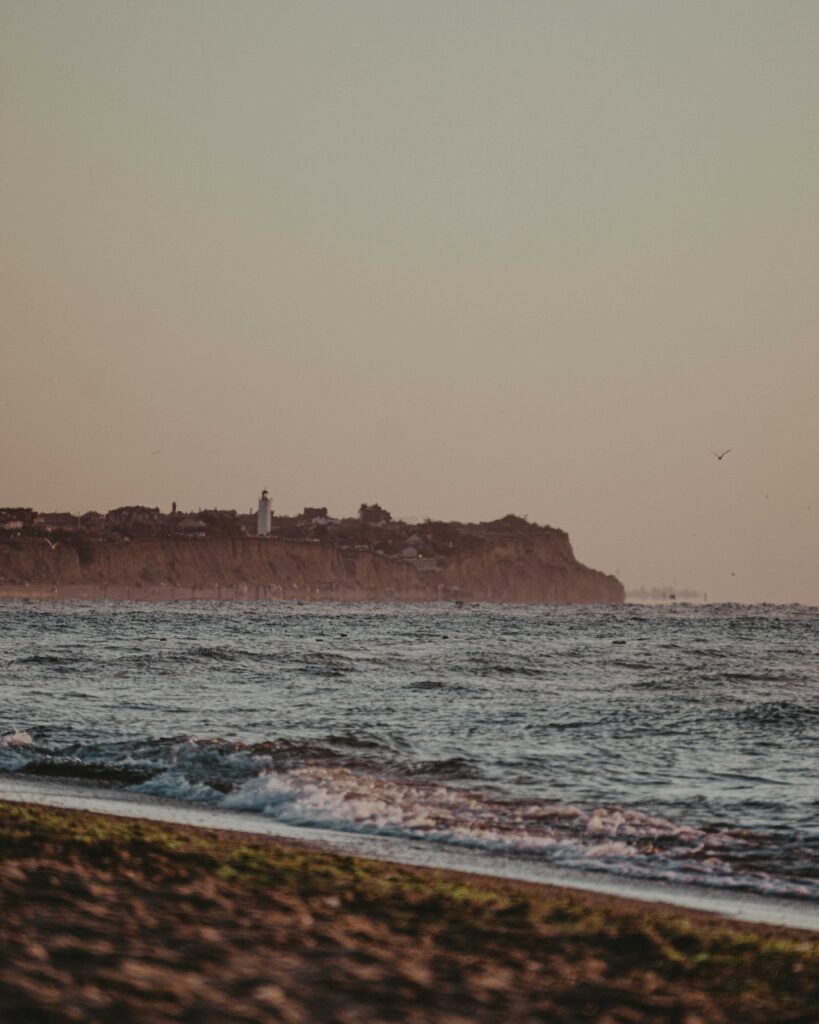
Odesa Revisited: Imagination and Terror
“Joseph, your Uncle Sam died.”
“Who?” I inquired.
“My brother. I haven’t told you about him before for good reason.”
I noticed ruddy patches on my father’s face and neck and tears at the corners of his eyes. I had never seen him cry, and he seemed a bit confused; I wanted my mother to be there.
“Where’s ma?” I asked.
“I tell you your uncle has died and all you can do is call for your mama! What kind of man are you gonna make?”
“I’m sorry, dad. I thought she should hear about your brother too.”
“She’ll hear. She’ll hear. But I really want you to know about what happened. All of it. The whole damn story. You’re old enough to know now.”
I was nine, it was 1942, and I could not imagine what my age now permitted me to hear. Did my uncle die in the War that Japan had just started?
My father, Abe Fisher, was tall and muscular; his beard and curly hair were the black of a night on the Russian tundra. His timbre was deep, and he always leaned in toward me, limiting my space and intimidating me as he talked.
“I’ve told you that we came from Russia, but not much else,” he said, in his preserved Yiddish accent.
“There were terrible pogroms, organized murders, directed against the Jewish shtetls in 1905...”
“There were terrible pogroms, organized murders, directed against the Jewish shtetls in 1905. The Czar was the new Pharaoh, and the Cossacks and Ukrainians were his weapons. They wanted us dead or gone. My parents made sure that my older brother Morris would try to leave Russia with me and Sam, the youngest, maybe to travel as far as America. Morris was fifteen, I was Bar Mitzvah age and Sam was a little older than you are now. The hardest part of our journey was getting out of Odesa. My father ran a small hotel and bar on the outskirts of the city. The area was burning and the bands of armed men on horseback seemed to fill the streets, along with dead Jews.
It’s a good thing we knew where to hide, where to walk freely, how to make our way through the woods at night, and where we could drink from a stream. As we got further from Odesa, we got lost. But Sam, the baby, was our guide. ‘We should just head West and we’ll reach Rumania, then Austria. We should always go to the West.’ Morris and I knew that Sam was our father’s special child. We were not allowed to read any texts other than Torah, but Sam could study whatever he wanted, and he favored maps.
We did make it to Rumania and continued our progress at night, sleeping in woods during daylight. It wasn’t long before we abandoned Torah lessons in favor of teachings we drew from daily experience. There were numerous incidents, but we were lucky because many people decided to help three lost brothers, including Gentiles and the few Jews we encountered.
The Czar was the new Pharaoh, and the Cossacks and Ukrainians were his weapons. They wanted us dead or gone.
We kept following Sam’s plan and eventually reached northern Italy. That was when I suggested that we change our direction. ‘Let’s go South into Italy and try to find a ship to America from there.’ Sam hated this idea of an altered course, but Morris sided with me after I pointed out the time we might save. We made our way to Genoa and left with a boatload of Italians. They all seemed to have relatives waiting for them in New York, but we only had a name that our mother had written on a slip of paper. She had told us that this was an older half-sister named Esther Efron, who lived somewhere in New York City.
We quickly discovered that finding her might be harder than anything else we had done. When we were asked by the immigration official, through his interpreter, where we were going, Morris showed them the slip of paper. The interpreter, a short, heavy woman with a sympathetic face, asked where this person lives. ‘In the shtetl,’ Morris answered. She laughed, the only evidence of amusement in that building in a long time. ‘If she lives in the shtetl, you will have to go back to Russia to find her. If she lives on the Lower East Side, maybe near Delancey Street, you can go to stay with her,’ this woman offered in Yiddish, with great pleasure. ‘That is exactly where she lives,’ Sam agreed.
The hardest part of our journey was getting out of Odesa.
The next day we were on the Lower East Side, showing our slip of paper to people walking along Delancey Street. And, you know what? It only took an hour before a young man said he knew this family and directed us to the building, a typical tenement on Orchard Street. Aunt Esther lived on the third floor with her husband. They had no children. When we presented ourselves at her front door, she examined our slip of paper, then she kissed it, as tears swelled in her eyes. We were invited to stay there, in tight but clean conditions, as long as necessary. We felt God himself had delivered us from Pharaoh to the Promised Land.
Esther’s husband, David, ran a small tailor shop at home and put us to work picking up and delivering bundles. We went to synagogue with them on Saturdays and explored New York on Sundays, which they encouraged. Morris began to criticize what he saw in the city, too many people in frenzied pursuits, so David mentioned his family in the South. He had two brothers who owned a dry goods store in a small South Carolina town named Jasper. ‘They would welcome one of you or all of you down there and could give you good jobs,’ he said.
One month later, just past the summer solstice, we exited a train at the small junction of Walterboro, where the Efron brothers and their broods greeted us, along with the most intense heat we had ever felt.
The area was burning and the bands of armed men on horseback seemed to fill the streets, along with dead Jews.
Jasper was a town of several thousand souls, mainly Baptists, some Methodists, and two Jewish families, the Efrons and the Glicks, who owned a furniture store. The Glicks hired me to carry and deliver their orders. Morris was given a wagon by the Efrons and instructed on a route he should take each week to sell dry goods to the country folks who never made it into town. We were all provided with some private lessons in English for the first two months, then Sam enrolled in the local school.
We might have stayed there forever if the Cossacks hadn’t caught up with us. The people Morris sold to were very poor and insular. One day, while he was helping a woman carry purchases into her cabin, her husband arrived, aimed his shotgun and fired at my brother. The murderer’s name was Fletcher Horey. We later learned that this man had frequently expressed his intention to kill Morris and other Jewish peddlers because he hated them, and he thought they would be an easy source of cash. He shot Morris in the front yard, yelled ‘Don’t come at me,’ then shot Morris twice more as he stumbled into the house, followed by repeated blows to the head with an axe.
As we got further from Odesa, we got lost. But Sam, the baby, was our guide. ‘We should just head West and we’ll reach Rumania, then Austria.
We wouldn’t have known the facts if the wife hadn’t run to fetch a teenage Black girl, Mary Hampton, to come and help clean up the murder scene. Mary first heard the true sequence of events from the wife. Then she overheard a white neighbor named Jeff Rivers suggest that Horey should claim he caught Morris trying to rape his wife. Mary testified at the trial, but the jury came in with an acquittal, accepting the claim of a white husband’s defense of his wife’s honor and rejecting the testimony of a Negro.
The Efrons and the Glicks wanted to leave town, but they were too settled and conflicted to do so. Sam and I had no such reluctance. Sam cried for days and seemed unhinged at times. One day he came to breakfast with a suitcase.
The Efrons and the Glicks wanted to leave town, but they were too settled and conflicted to do so.
‘I’m following the original plan. Heading west,’ he said. ‘I hope to reach California.’
‘Don’t leave yet. Let’s talk it over,’ I pleaded.
‘Our parents want me to go. I heard them many times this week and they told me not to listen to you. I know who you are. I’m leaving and you can’t stop me.’
He left within an hour, crazed and impulsive, and I have never heard from him since then. Neither the Efrons nor the Glicks ever received a word of thanks from him. He disappeared heading west.
Now I know for the first time that he made it to California. I received a letter from the Carillo State Asylum informing me that Samuel Fisher had died, and I was listed as the next of kin.”
We did make it to Rumania and continued our progress at night, sleeping in woods during daylight. It wasn’t long before we abandoned Torah lessons in favor of teachings we drew from daily experience.
Over the course of the War, Abe Fisher began staring into the flames and trying to find other members of his family. His parents, aunts and uncles, cousins, and grandparents might all be in danger, but he could not satisfy his desperate curiosity because all he could see was a great conflagration. He projected his fears onto me and tried to reassure me by telling stories and anecdotes about each person, generating life out of the silence.
In the Spring of 1945 that silence proved to be permanent, and all we had was reminiscence. At the War’s outset one-third of Odesa’s population had been Jewish. In the Autumn and Winter of 1941-1942, as the Nazis seized the city, one hundred thousand Jews were massacred. There were accounts of the worst day, October 22-23, when thirty thousand people were slaughtered. Many were crowded into make-shift barracks, which were soaked with gasoline and ignited.
I can never say whether the losses of my Odesa relatives were mitigated or exaggerated by my never having met them. But day by day both of my parents would mention an aunt or a grandparent, fleshing out portraits in impasto for my album of memories.
In the Spring of 1945 that silence proved to be permanent, and all we had was reminiscence. At the War’s outset one-third of Odesa’s population had been Jewish. In the Autumn and Winter of 1941-1942, as the Nazis seized the city, one hundred thousand Jews were massacred.
As more details emerged, I noticed my father’s voice weakening and his appetite fading. He lost weight and missed work, prompting my mother to plead with him to get help.
“You think I’m crazy like my brother.”
“No, I think you’re depressed, and you can get help. Don’t allow yourself to get worse, like Sam did,” she pleaded.
He went to see a psychiatrist once before his fatal “accident” at the Naval Yard. My mother never told me the details, not wanting to lie but presumably unwilling to leave me with nightmarish images.
I am now over ninety. Before her death, my wife shared her own stories of lost family. Over many years, though, we were blessed with children and grandchildren, dampening our Holocaust grief.
Before her death, my wife shared her own stories of lost family. Over many years, though, we were blessed with children and grandchildren, dampening our Holocaust grief.
Odesa grew older, too, fading from my conscious awareness, until Russia invaded Ukraine. Every day I read about and watch reports of the slaughter of Ukrainian citizens. The names of nearby towns and cities restore my father’s recollections. Collapsed apartment houses, mass graves, blasted animals, firing squads, religious justification, endless hunger and thirst, trench warfare, lost husbands and sons, all of it leading to a question I can barely ask. How many will I lose this time? I don’t know them, and they may barely suspect my existence, but I feel loss again.
I wish I could say we are safe. We are in America, the land my father and his brothers escaped to, but I hear Cossack anthems and assaults. Have my psychic scars led me to exaggerate their future impact, or am I living on the edge of Odesa?
Credits
Featured photo of Arkadiyska Alley, Odesa, by Anna Koval for Unsplash
Photo of Odessa Oblast by Eugene Tkachenko for Unsplash
Learn More
New to autoethnography? Visit What Is Autoethnography? How Can I Learn More? to learn about autoethnographic writing and expressive arts. Interested in contributing? Then, view our editorial board’s What Do Editors Look for When Reviewing Evocative Autoethnographic Work?. Accordingly, check out our Submissions page. View Our Team in order to learn about our editorial board. Please see our Work with Us page to learn about volunteering at The AutoEthnographer. Visit Scholarships to learn about our annual student scholarship competition.
MJ Serby is retired, lives in Upper Manhattan, inhales books, and writes fiction.



